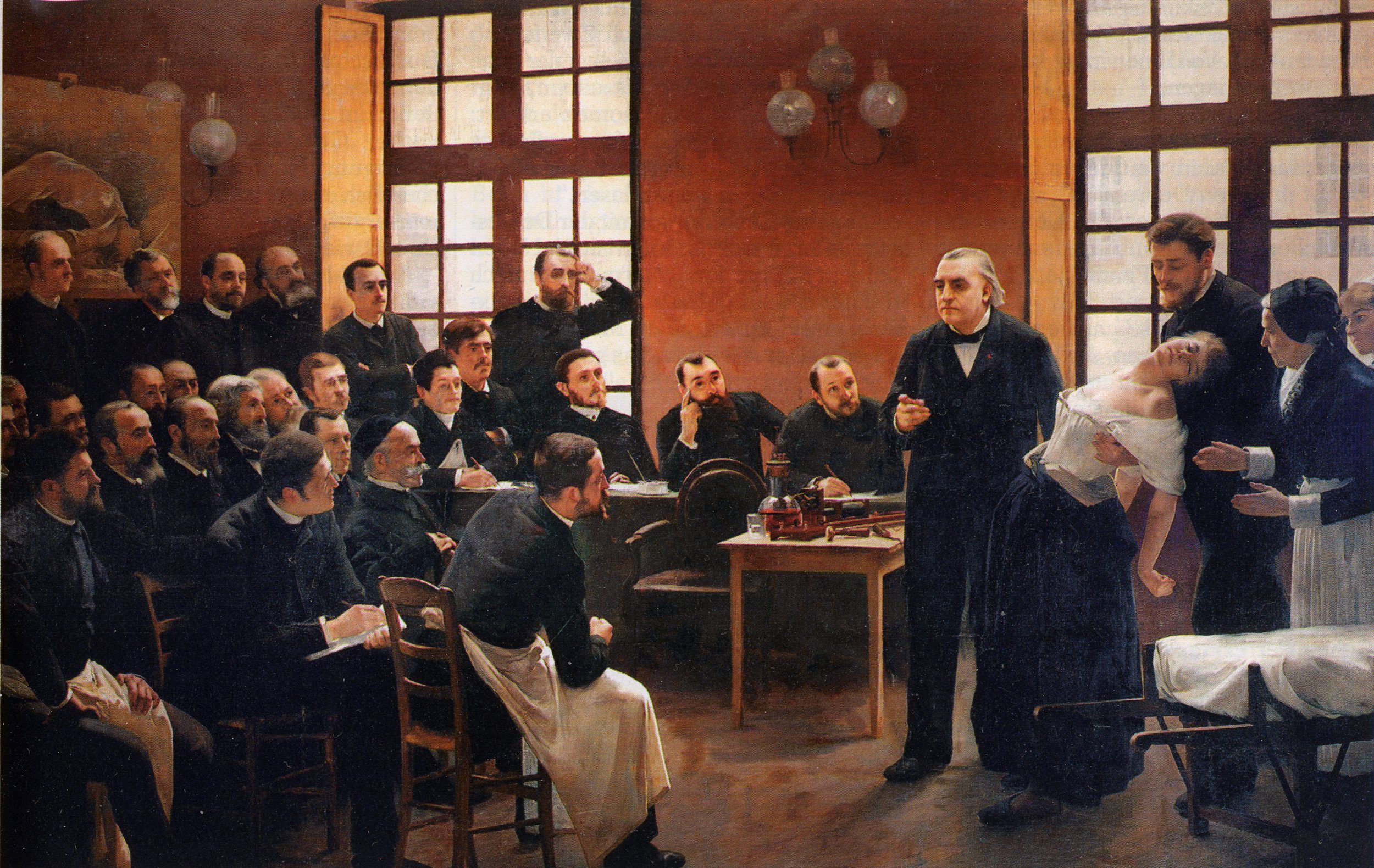
Functional Neurologic Disorders
Previously called “Conversion Disorders” FND is a medical condition with a rich history. It is one of the most well understood and treatable conditions in neurology and psychiatry, but one of the most neglected. Non-epileptic seizures are the second most common diagnosis made in Epilepsy clinics. Functional movement disorders are one of the top 5 diagnoses made in a movement clinic. Every psychiatrist and psychotherapist has the tools to treat it, but fewer that 1% of these patients get standard of care treatment. Here is the place to learn more about these common disorders.

Functional Neurologic Disorders 101
One of the oldest and most well understood conditions in neuropsychiatry is the “functional neurologic disorder” or FND. It is actually a group of disorders where the brain begins to misbehave, often causing a symptom that is evaluated by neurology such as weakness, numbness, shaking, or convulsions. It is different from other neurologic conditions because it is treated primarily with psychiatric medications and psychotherapeutic techniques.

Non-Epileptic Seizures
The father of modern neurology was Jean-Martin Charcot. While many remember him for his work in neurophysiology and neurobiology, it is arguable that the majority of his work was identifying symptoms and syndromes that would later be called Conversion disorders, now termed Functional Neurologic Disorders (or FND). Most of those patients had Functional Seizures, now referred to as Non-Epileptic Seizures or Psychogenic Non-Epileptic Seizures.

Functional Movement Disorders
One of the first thoroughly studied functional neurologic disorders was found in veterans returning from war. While Charcot was discovering the benefits of hypnosis, some of his students were identifying what exam findings predicted a “structural problem” of the brain or spinal cord, and what exam findings were more common in those who could improve with psychiatric treatments.

FND Treatment 101
The core to treatment is to understand that the biopsychology of FND has many layers. On the most surface layer, one part of the brain is doing something without the permission of the other part of the brain. We think that most activity is intentional (volitional) but in reality the majority of our thoughts, movements, and behaviors are going on without our awareness.
